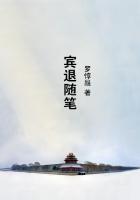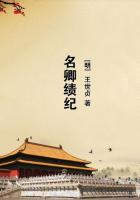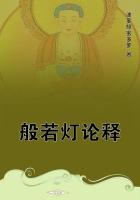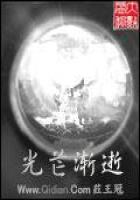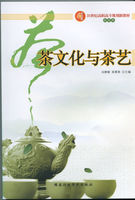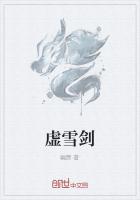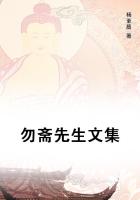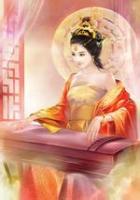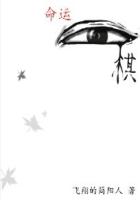1
WE must, with a view to the science which we are seeking, first recount the subjects that should be first discussed. These include both the other opinions that some have held on the first principles, and any point besides these that happens to have been overlooked.
For those who wish to get clear of difficulties it is advantageous to discuss the difficulties well; for the subsequent free play of thought implies the solution of the previous difficulties, and it is not possible to untie a knot of which one does not know. But the difficulty of our thinking points to a 'knot' in the object; for in so far as our thought is in difficulties, it is in like case with those who are bound; for in either case it is impossible to go forward.
Hence one should have surveyed all the difficulties beforehand, both for the purposes we have stated and because people who inquire without first stating the difficulties are like those who do not know where they have to go; besides, a man does not otherwise know even whether he has at any given time found what he is looking for or not; for the end is not clear to such a man, while to him who has first discussed the difficulties it is clear. Further, he who has heard all the contending arguments, as if they were the parties to a case, must be in a better position for judging.
The first problem concerns the subject which we discussed in our prefatory remarks. It is this-(1) whether the investigation of the causes belongs to one or to more sciences, and (2) whether such a science should survey only the first principles of substance, or also the principles on which all men base their proofs, e.g. whether it is possible at the same time to assert and deny one and the same thing or not, and all other such questions; and (3) if the science in question deals with substance, whether one science deals with all substances, or more than one, and if more, whether all are akin, or some of them must be called forms of Wisdom and the others something else. And (4) this itself is also one of the things that must be discussed-whether sensible substances alone should be said to exist or others also besides them, and whether these others are of one kind or there are several classes of substances, as is supposed by those who believe both in Forms and in mathematical objects intermediate between these and sensible things. Into these questions, then, as we say, we must inquire, and also (5) whether our investigation is concerned only with substances or also with the essential attributes of substances. Further, with regard to the same and other and like and unlike and contrariety, and with regard to prior and posterior and all other such terms about which the dialecticians try to inquire, starting their investigation from probable premises only,-whose business is it to inquire into all these? Further, we must discuss the essential attributes of these themselves; and we must ask not only what each of these is, but also whether one thing always has one contrary. Again (6), are the principles and elements of things the genera, or the parts present in each thing, into which it is divided; and (7) if they are the genera, are they the genera that are predicated proximately of the individuals, or the highest genera, e.g. is animal or man the first principle and the more independent of the individual instance? And (8) we must inquire and discuss especially whether there is, besides the matter, any thing that is a cause in itself or not, and whether this can exist apart or not, and whether it is one or more in number, and whether there is something apart from the concrete thing (by the concrete thing Imean the matter with something already predicated of it), or there is nothing apart, or there is something in some cases though not in others, and what sort of cases these are. Again (9) we ask whether the principles are limited in number or in kind, both those in the definitions and those in the substratum; and (10) whether the principles of perishable and of imperishable things are the same or different; and whether they are all imperishable or those of perishable things are perishable. Further (11) there is the question which is hardest of all and most perplexing, whether unity and being, as the Pythagoreans and Plato said, are not attributes of something else but the substance of existing things, or this is not the case, but the substratum is something else,-as Empedocles says, love; as some one else says, fire; while another says water or air.
Again (12) we ask whether the principles are universal or like individual things, and (13) whether they exist potentially or actually, and further, whether they are potential or actual in any other sense than in reference to movement; for these questions also would present much difficulty. Further (14), are numbers and lines and figures and points a kind of substance or not, and if they are substances are they separate from sensible things or present in them? With regard to all these matters not only is it hard to get possession of the truth, but it is not easy even to think out the difficulties well.
2
(1) First then with regard to what we mentioned first, does it belong to one or to more sciences to investigate all the kinds of causes? How could it belong to one science to recognize the principles if these are not contrary?

